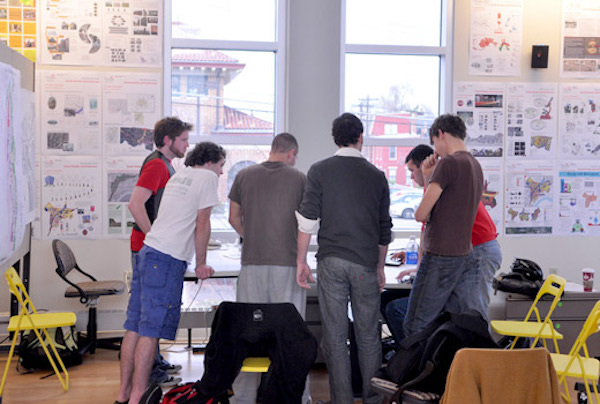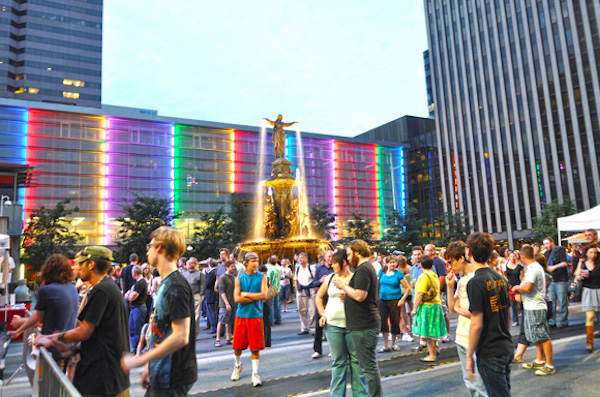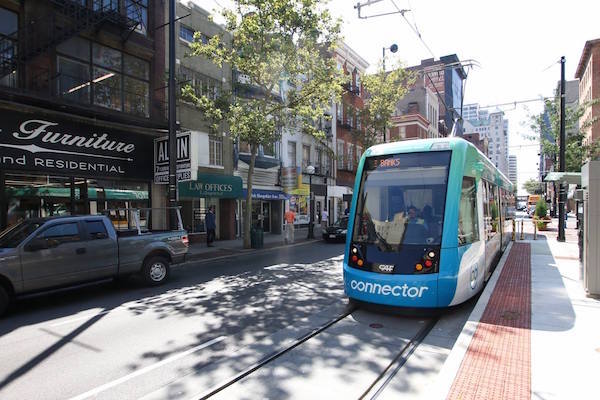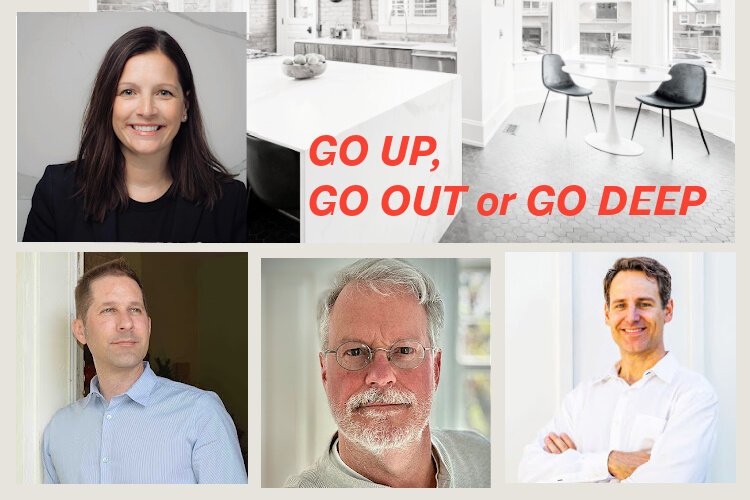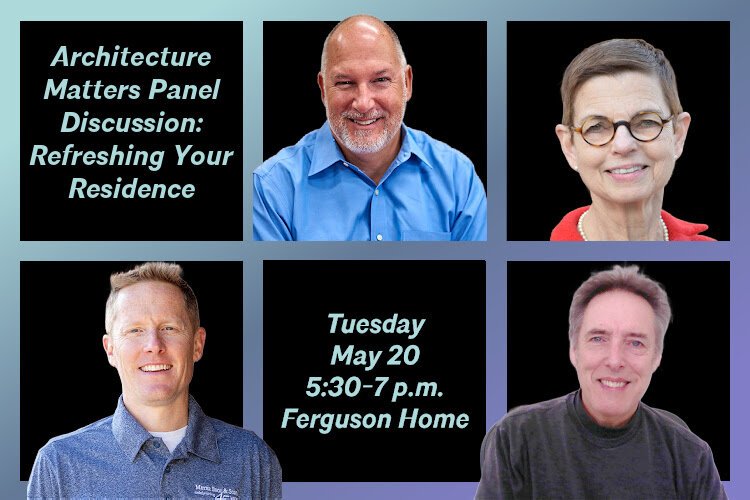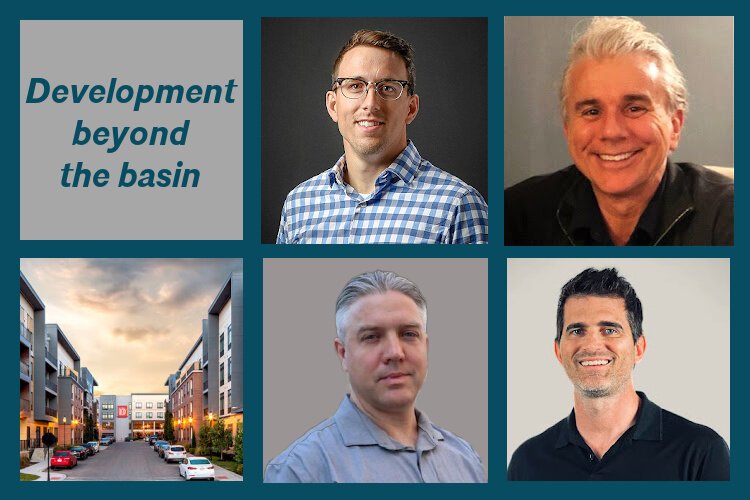Join Molly Wellman, Chris Seelbach, Amy Lind at Soapbox city planning panel
Soapbox invites you to join a discussion on the city's efforts to design buildings and shared spaces that maximize interaction, maybe even love.
It’s a moonlit night. You’ve just settled into your theater seat with a glass of something red. As the lights slowly dim, an attractive stranger in the next seat strikes up a conversation. There’s an instant spark of shared interests, an uncanny sense of warmth and familiarity. It feels strangely predestined even though you know, of course, it’s nothing more than a chance encounter…or is it?
When most people hear “city planning,” romance isn’t the first thing that comes to mind. Clean water, grocery stores, roadways and other basic amenities surely ought to take precedence. But what’s more basic, more fundamentally human, than the desire to connect with a kindred spirit and explore the potential for a long-term (or perhaps not-so-long-term) relationship?
That’s one question on the agenda of Soapbox‘s upcoming “Love in an Elevator” public discussion, taking place Wednesday, Oct. 12, at UC’s Niehoff Urban Studio. The event will feature an expert panel that will include Cincinnati City Councilmember Chris Seelbach; Amy Lind, head of UC’s Department of Women’s, Gender and Sexuality Studies and Molly Wellmann, celebrity mixologist and owner of Wellmann’s Brands.
A plausible first question: Is that a responsibility city planners should take on?
It’s no secret that healthy, monogamous relationships are good for communities, and the notion of facilitating such interaction isn’t exactly new. Longtime residents will recall a time when Cincinnati was dogged in national rankings as one of the worst cities for singles, a designation that likely lent to a mass exodus of the creative class that took place over a decade, beginning in the mid-1990s.
With the rising tide of recent development bringing creatives back to the urban core, the topic is gaining traction within the local planning community, prompting some to ask how Cincinnati can build on that momentum and become a city where people are excited to meet, mingle — and, importantly — stay put for the long haul.
For 26 years, Frank Russell has focused on issues surrounding the urban core. He established and leads the University of Cincinnati’s Community Design Center and Niehoff Urban Studio. He is a professor, registered architect, urban designer and the driving force for dozens of community-based design projects. As a result, he knows a thing or two about crafting smart spaces that maximize human interaction.
One important step in bringing people together, Russell says, is giving them opportunities to get a good look at one another.
“That’s the beginning of any attraction, actually looking at someone and deciding whether you want to approach them, and that’s something that can certainly be influenced in the design of a place,” Russell says. “Fountain Square is a good example of this idea that you can be in a public place but maintain an almost private vantage point. Because there are so many seating options, you can position yourself for maximum people watching, and other people might be watching you, too, but no one feels exposed or creepy. It’s a way to be in the same space together without the pressure of speaking or interacting directly.”
But it’s about more than ogling, Russell says. Gender and power implications are another force that hinder positive social interaction and keep people from getting the most out of a community.
“So, I’m a rich white guy, right?” Russell says. “And guess what most of the people who have historically designed buildings and common spaces are: rich white guys. Naturally, I feel very comfortable when I’m out and about because I’m visiting places that were created with my perspective and my needs in mind.”
Russell attempts to push his students outside of their own comfort zones when it comes to thinking about accessible, equitable design. He wants them to imagine navigating a world that doesn’t reflect their values or identities — the stark reality for many women, non-white residents and, maybe especially, LGBTQ populations, who Russell believes anchor the city’s creative class.
“It’s very important that we intentionally level that playing field in our communal spaces and break down those divides between black and white, gay and straight, so that no matter what a person’s background is, they can enjoy the city on a level that feels comfortable and inviting,” Russell says.
Development is the catalyst behind bringing people closer together — both literally and figuratively. Amid an ongoing national conversation, Cincinnati’s movement toward gender neutrality can be seen in small measures like the unisex restrooms and communal hand-washing areas now commonplace in many of OTR’s popular boutique restaurants and bars.
There are bigger examples, too: by its very design, the streetcar offers evidence that Cincinnatians are becoming more comfortable with physical closeness, especially if it grants access to wider cultural exploration.
Will this conversation continue, or will we retreat once again to our bedroom enclaves? Will we take a cue from larger cities where personal space is negotiable, or will the vice grip of Midwestern stranger-danger prevail?
Panelists will bring their vast and varied expertise to answer these questions and more, with an open Q&A to follow. Food and drinks will be provided, and admission is free, so bring a friend or come solo.
Who knows? You just might meet someone.
The Soapbox Speaker Series presents “Love in an elevator: sex + city planning” from 5:30 to 7:30 p.m. on Wednesday, Oct. 12, at Niehoff Urban Studio, 2728 Short Vine, Cincinnati, OH 45219. A panel discussion will begin at 6 p.m., centering on the intersection of city planning and relationship building. The speaker panel will include Cincinnati City Councilmember Chris Seelbach; Amy Lind, head of UC’s Department of Women’s, Gender and Sexuality Studies and Molly Wellmann, celebrity mixologist and owner of Wellmann’s Brands.
Doors open at 5:30 pm with food and drinks provided. Admission is free, but you must register here.


